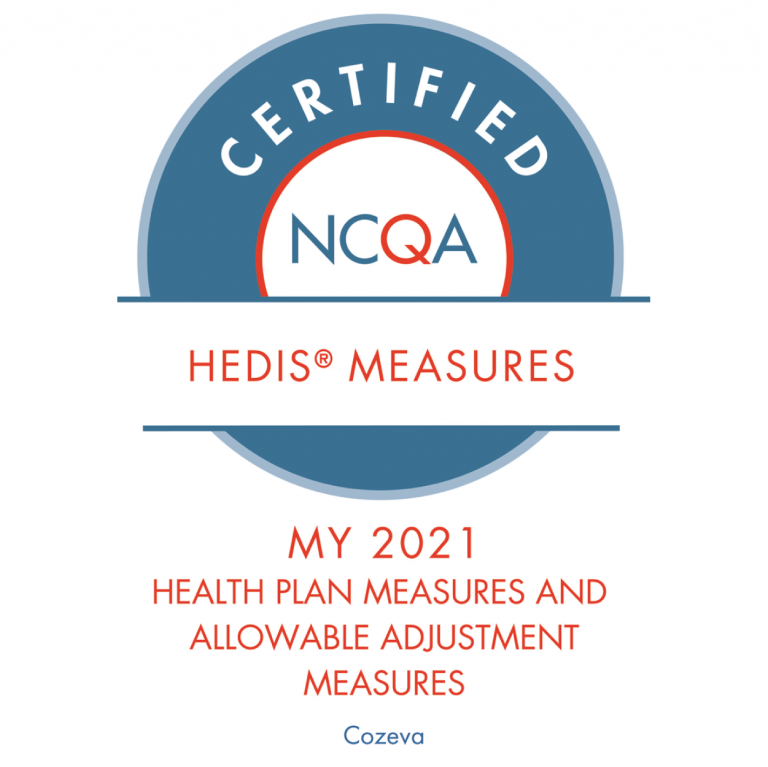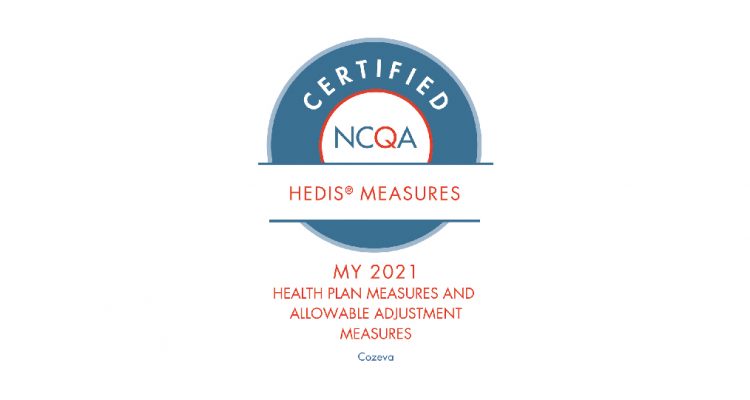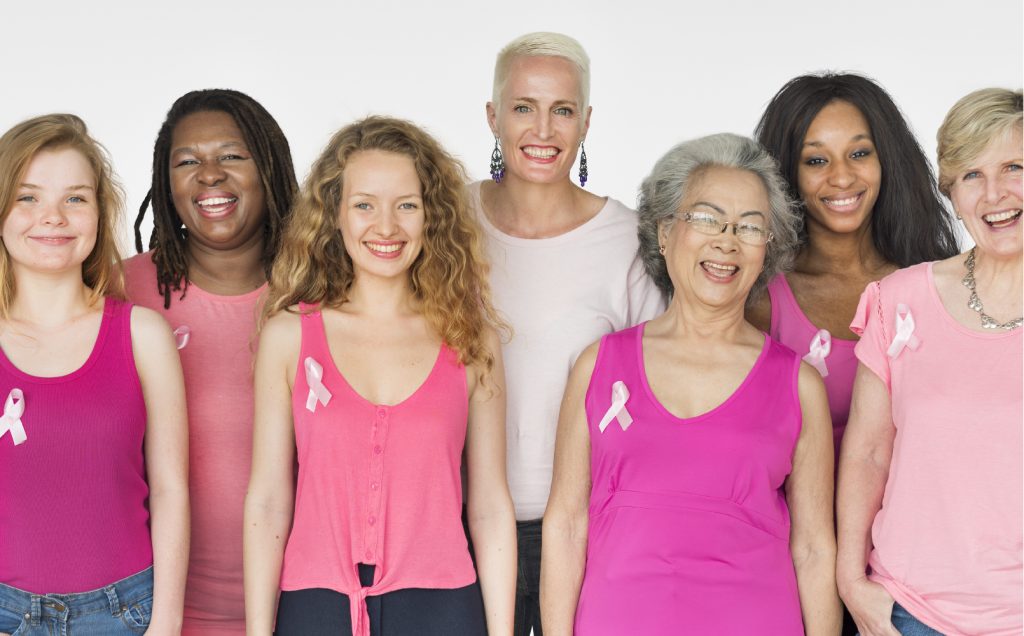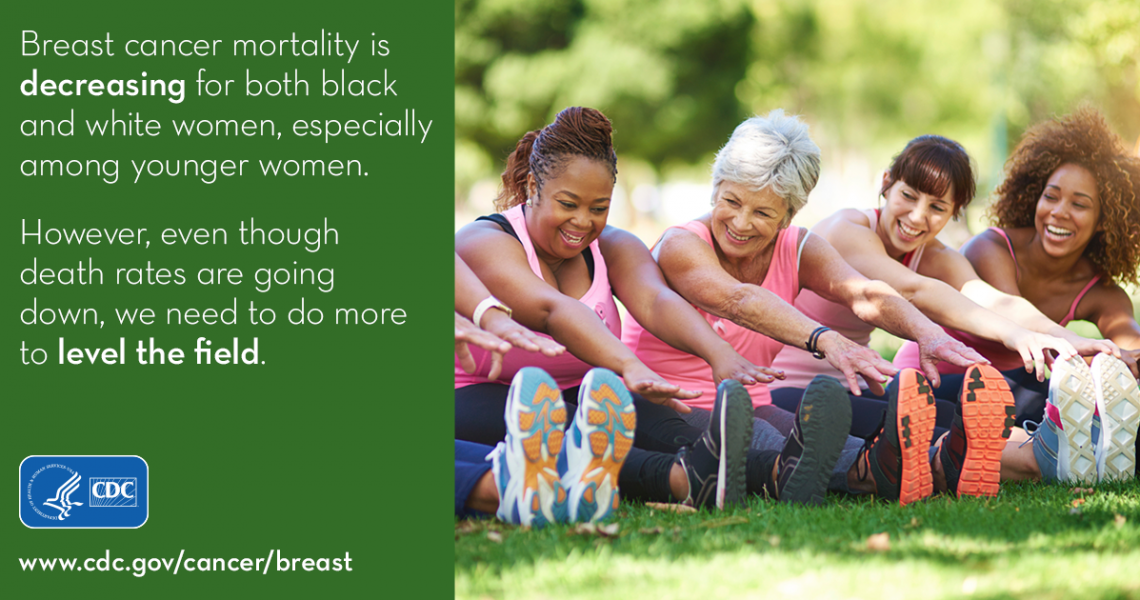HEDIS® MY2021 Certification

Applied Research Works, Inc. Cozeva has been certified for all HEDIS® MY2021 measures. Congratulations to the team for this impressive work!
HEDIS® is a registered trademark of the National Committee for Quality Assurance (NCQA).






